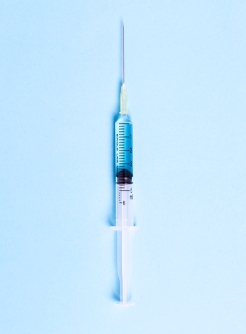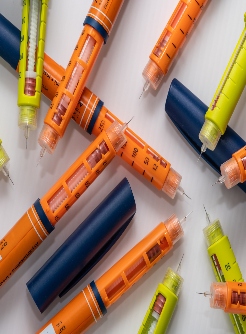Efpeglenatide Comparable to Liraglutide in Treatment Of Type 2 Diabetes
By Andrew John, MD /alert Contributor
January 20, 2022
The long-acting glucagon-like peptide-1 receptor agonist efpeglenatide appeared similar to liraglutide in its effects on glucose metabolism, gastric emptying and beta-cell function among patients with type 2 diabetes, according to findings from an early-stage trial.
“Efpeglenatide is a long-acting GLP-1 RA currently in development to improve glycemic control in people with T2D by subcutaneous [once-weekly] administration,” Marcus Hompesch, of ProSciento, Inc., and colleagues wrote in BMJ Open Diabetes Research & Care. “...In mouse models of diabetes and diet-induced obesity, efpeglenatide led to greater or comparable glycemic improvements and body weight loss compared with liraglutide or dulaglutide.”
The researchers performed an exploratory phase 1b randomized study of 47 patients with type 2 diabetes. The patients were randomly assigned to placebo, efpeglenatide at 6 mg once a week, efpeglenatide at 16 mg each month or liraglutide at 1.8 mg daily. Hompesch and colleagues evaluated patients’ gastric emptying by monitoring the movement of acetaminophen as measured by pharmacokinetic profile at baseline and steady state. The investigators also used mixed-meal tolerance testing to evaluate glucose metabolism and used a graded glucose infusion test to assess beta-cell function.
.jpg)
Treatment lasted for one month in patients assigned to liraglutide or once-weekly efpeglenatide and 3 months in patients assigned to the monthly efpeglenatide group. The researchers reported that the weekly dose of efpeglenatide was non-inferior to liraglutide in causing a delay in gastric emptying. However, they wrote, monthly efpeglenatide did not demonstrate non-inferiority to liraglutide.
Both efpeglenatide groups were comparable or superior to liraglutide in measurements of glucose metabolism and beta-cell function, Hompesch and colleagues wrote.
In the weekly efpeglenatide group, 84.6% (n=11 of 13) of patients reported adverse events, compared with 50% of weekly placebo (n = 2 of 4). Nearly all patients in the monthly efpeglenatide group reported adverse events (92.3%; n=12 of 13), as well as all patients assigned to monthly placebo (100%; n = 4 of 4). Slightly more than half of patients in the liraglutide group reported adverse events (61.5%; n = 8 of 13).
“In this study, both dosing regimens of efpeglenatide [once a week and once a month] had beneficial glucometabolic effects,” the researchers wrote. “Efpeglenatide 6 mg QW also significantly improved beta-cell function compared with liraglutide and had similar effects on gastric emptying.”
Disclosures: Hompesch is an employee and shareholder at ProSciento. Please see the study for all authors’ disclosures.
Photo Credit: Getty Images




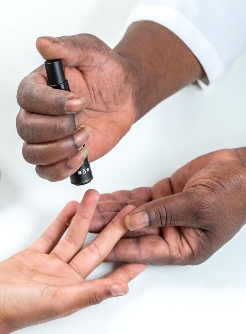

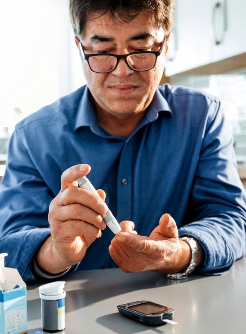

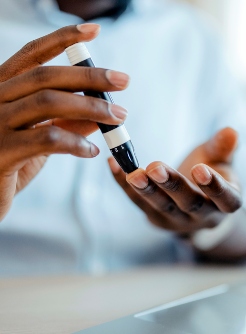

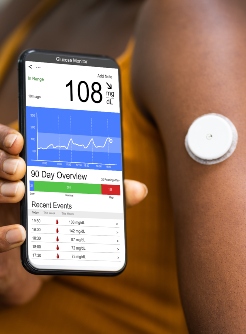







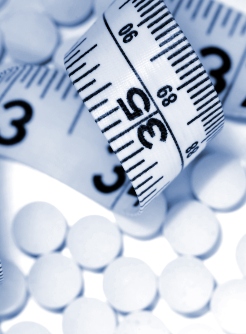
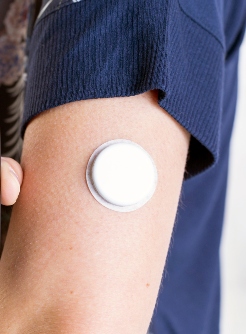
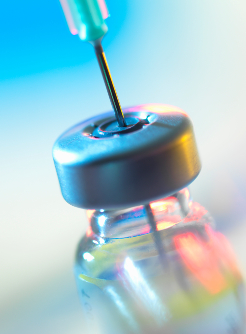

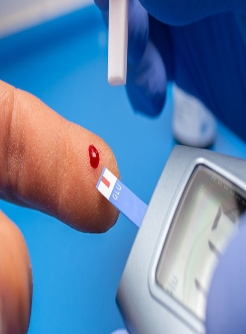

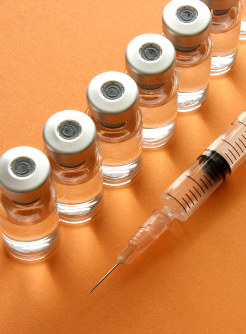

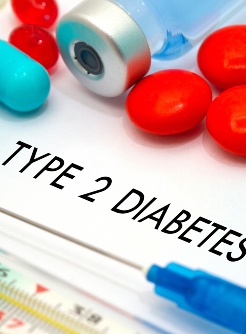



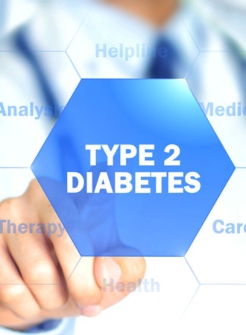
.jpg)
.jpg)

